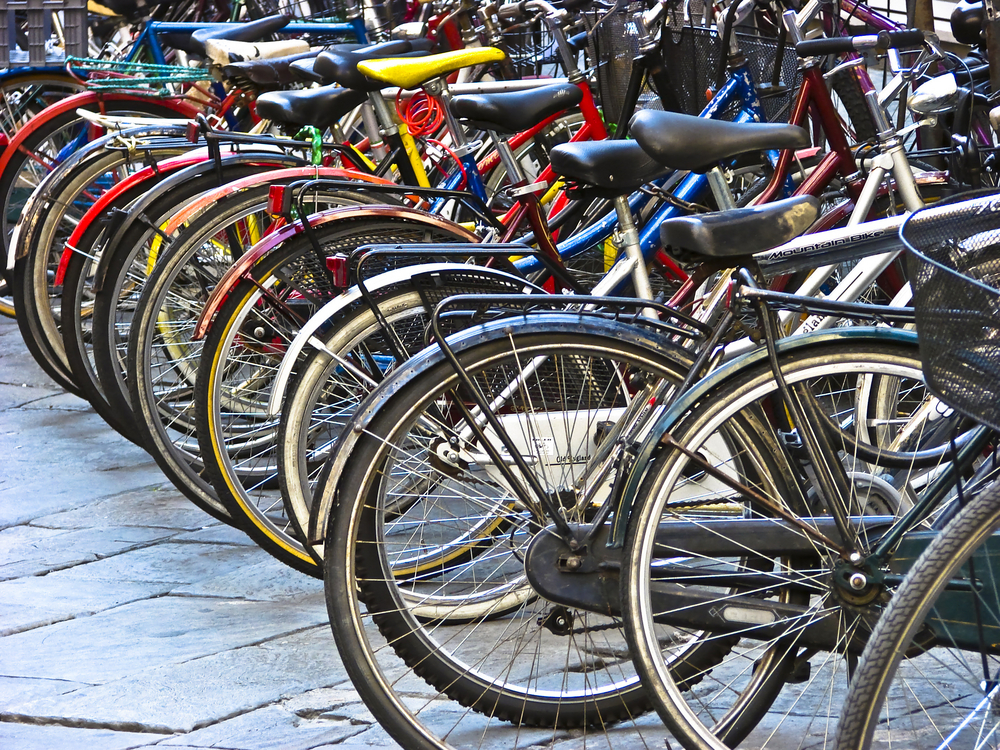
Will New Tariffs Make Bicycles More Expensive? An In-Depth Analysis
In recent years, the global economy has witnessed significant fluctuations due to geopolitical tensions and trade policies. One of the industries caught in the crossfire is the bicycle market, where tariffs and trade agreements play a crucial role in determining consumer prices. This article delves into the potential impact of new tariffs on bicycle prices, exploring how these tariffs affect costs and what implications they hold for both manufacturers and consumers.
The Impact of Tariffs on Bike Prices
Tariffs, simply put, are taxes or duties imposed on imported goods by a country’s government. They serve multiple purposes, including protecting domestic industries from foreign competition, generating revenue for the government, and addressing trade imbalances. When tariffs are imposed on bicycles or their components, they can directly influence the final retail price that consumers pay.
How Tariffs Affect Bicycle Costs
- Direct Cost Increase: The most immediate impact of tariffs is a rise in the cost of imported bicycles or bicycle parts. Manufacturers who import components or fully assembled bikes from countries with tariff hikes will face higher costs. To maintain profit margins, these increased costs are often passed on to consumers in the form of higher retail prices.
- Supply Chain Disruption: Tariffs can disrupt established supply chains that rely on efficient and cost-effective sourcing of materials and parts from global markets. Manufacturers may need to seek alternative suppliers or absorb higher costs temporarily, leading to potential delays or increased overheads that could also trickle down to consumers.
- Competitive Dynamics: In a global marketplace, where consumers have choices from various brands and products, tariffs can alter the competitive landscape. Brands that source from countries with lower tariffs or have diversified supply chains might offer more competitive prices compared to those heavily reliant on high-tariff regions.
Industry Response and Consumer Behavior
Manufacturers and retailers in the bicycle industry closely monitor tariff developments because of their direct impact on pricing strategies and market demand. Here’s how different stakeholders might respond:
- Adjustment of Pricing: When faced with increased costs due to tariffs, manufacturers might adjust their pricing strategies. This adjustment could involve absorbing some of the costs, increasing prices gradually, or looking for cost-saving measures elsewhere in their operations.
- Product Innovation: To mitigate the impact of tariffs on consumer prices, manufacturers might innovate by redesigning products to use fewer imported components or exploring new sourcing options. This adaptation aims to maintain product affordability without compromising quality.
- Consumer Behavior Shifts: Higher bicycle prices driven by tariffs might influence consumer behavior. Some potential outcomes include delayed purchases, shifts towards cheaper alternatives, or increased interest in used bicycles and aftermarket parts.
Case Studies and Real-World Examples
To illustrate the tangible effects of tariffs on bicycle prices, examining recent case studies provides valuable insights:
Case Study 1: US-China Trade Tariffs
During the US-China trade tensions of recent years, tariffs were imposed on various goods, including bicycles and bicycle parts. This led to price increases across different segments of the bicycle market in the US, affecting both domestic production and imports.
Case Study 2: Brexit and EU Tariffs
Following Brexit, the United Kingdom introduced new tariffs on bicycles imported from EU countries. This change altered pricing dynamics within the UK bicycle market, prompting adjustments from manufacturers and retailers to maintain competitiveness.
Future Outlook
As global trade policies continue to evolve, the future outlook for bicycle prices remains uncertain yet pivotal. Factors such as geopolitical developments, trade negotiations, and economic strategies will shape how tariffs impact the bicycle industry moving forward. For consumers and industry stakeholders alike, staying informed about these changes and their potential ramifications is crucial for making informed decisions.
Conclusion
While new tariffs have the potential to make bicycles more expensive by increasing production costs and disrupting supply chains, their exact impact varies based on market dynamics and industry strategies. Manufacturers and consumers must navigate these challenges by adapting to changing trade policies and exploring innovative solutions to mitigate cost increases. Ultimately, understanding the complex interplay between tariffs and bicycle prices is essential for predicting future trends and making informed choices in the evolving global marketplace.
Need a Bicycle Shop in Naples, FL?
Welcome to Big Momma’s Bicycles! Big Momma’s Bicycles has been servicing the Naples area since 2005. We are a bicycle shop that does repairs, rental service, resales, services, tune-ups, and more. Big Momma’s Bicycles is a locally owned business that does travel to pick up rentals and to help you out when your bicycle needs repairs. We have an excellent staff that is here to answer any questions you may have, so stop in or give us a call today!
Categorised in: Bicycles
